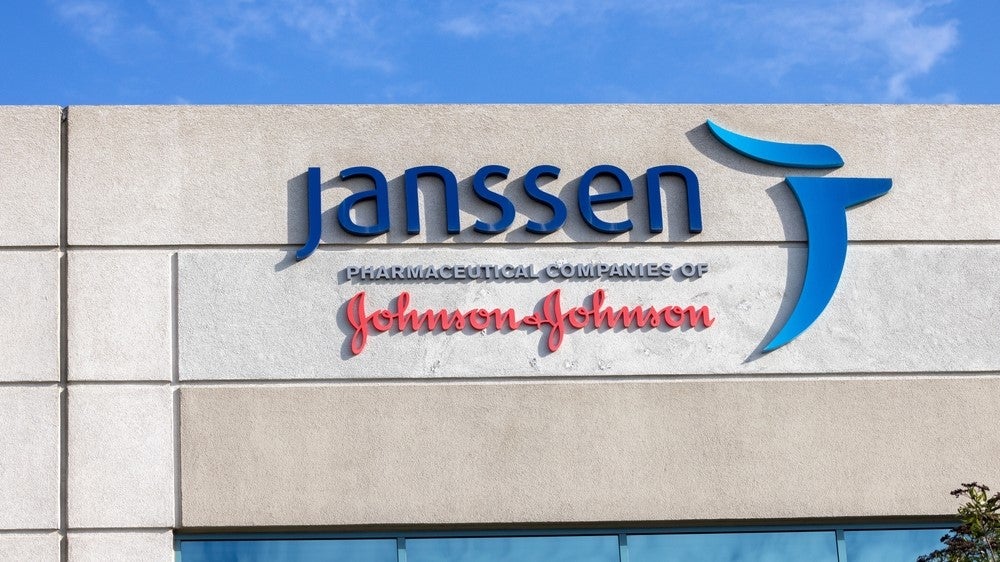
Janssen has presented positive data from its ‘proof-of-concept’ Phase II trial of nipocalimab in pregnant individuals at high risk of developing haemolytic disease of the foetus and newborn (HDFN) at the Foetal Medicine Foundation World Congress in Valencia, Spain, on 26 June 2023.
HDFN commonly occurs when rhesus (RhD) negative maternal blood with antibodies against rhesus D antigen enters the foetal bloodstream, leading to immune haemolysis of foetal/neonatal red blood cells.

Discover B2B Marketing That Performs
Combine business intelligence and editorial excellence to reach engaged professionals across 36 leading media platforms.
The maternal antibodies are formed due to a blood transfusion or previous pregnancy. Thereby, increasing the risk of severity of immune response with subsequent pregnancies.
Treatment for HDFN is prophylactic, with RhD-negative pregnant women receiving prophylaxis with Rh immunoglobulins if their foetus was confirmed to be RhD positive, according to the UK’s National Health Service (NHS).
Data from 13 participants were reported for the open-label, single-group Phase II UNITY (NCT03842189) trial evaluating the safety and efficacy of nipocalimab in pregnant women at high risk for early-onset severe HDFN.
Of the 13 pregnancies, 12 resulted in live births and one case of foetal demise due to complications following an intra-uterine transfusion.

US Tariffs are shifting - will you react or anticipate?
Don’t let policy changes catch you off guard. Stay proactive with real-time data and expert analysis.
By GlobalDataPregnancies in seven participants resulted in live birth at the gestational age of or after 32 weeks without intra-uterine transfusion (the study’s primary endpoint). Five more pregnancies resulted in live birth, but the infants required blood transfusion.
Two cases of adverse events were reported for nipocalimab. One case was a premature separation of the placenta, and the second was subchorionic haematoma in the participant with foetal growth restriction and heart rate deceleration.
Nipocalimab has received orphan medicinal product designation and orphan drug status by the European Medicines Agency (EMA) and the US Food and Drug Administration (FDA), with Janssen planning a Phase III trial for Nipocalimab in HDFN.
Nipocalimab is also under development for multiple indications, including rheumatoid arthritis and systemic lupus erythematosus (SLE).





